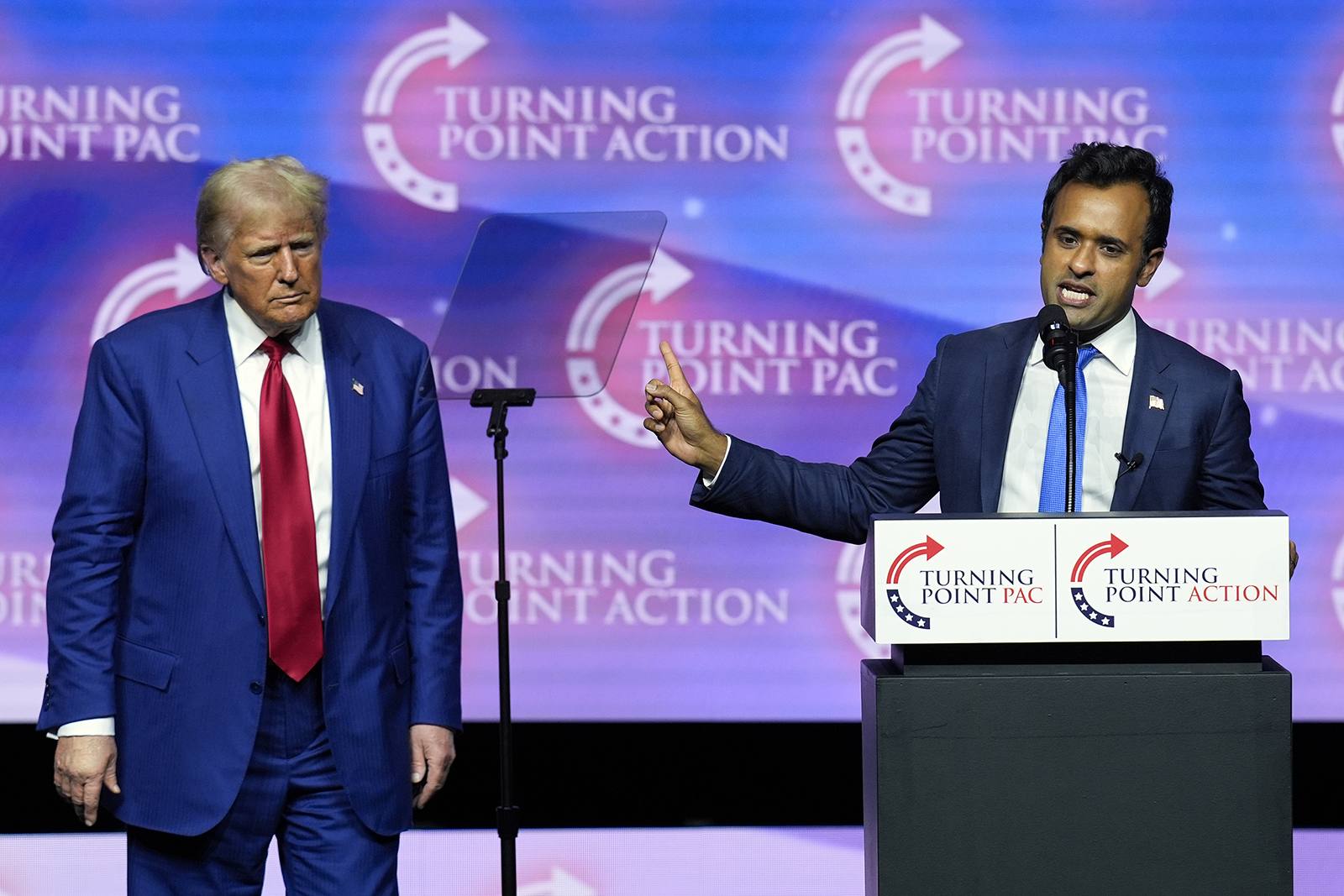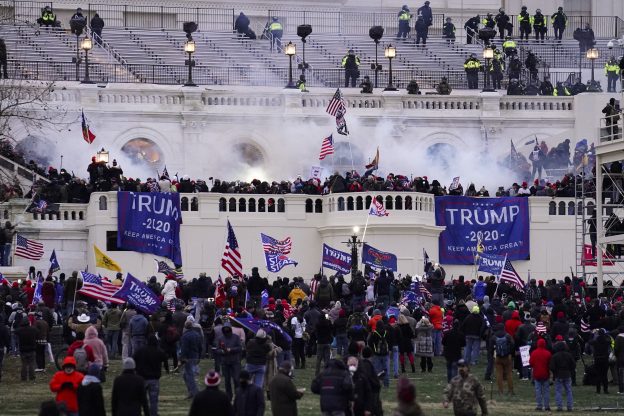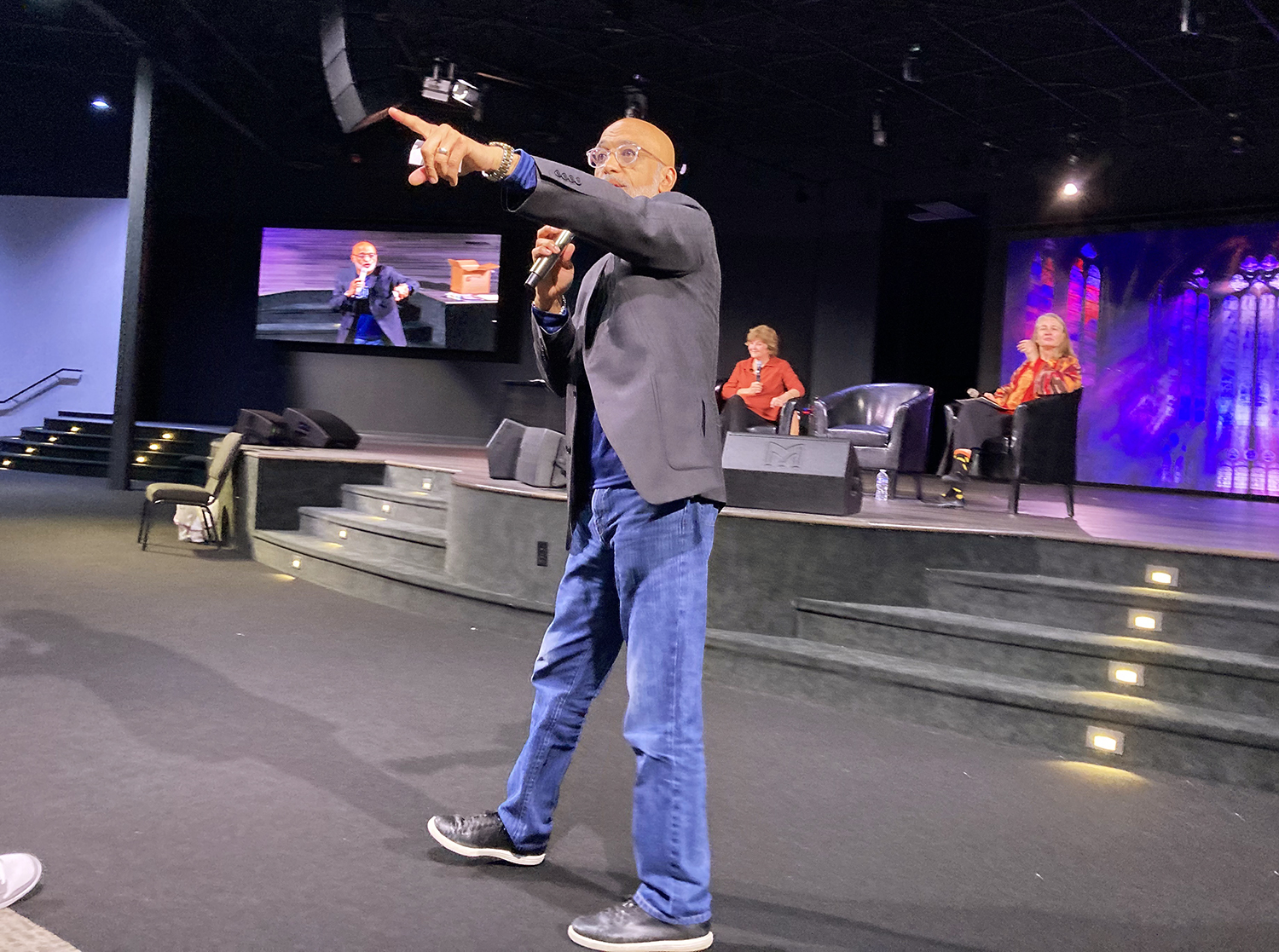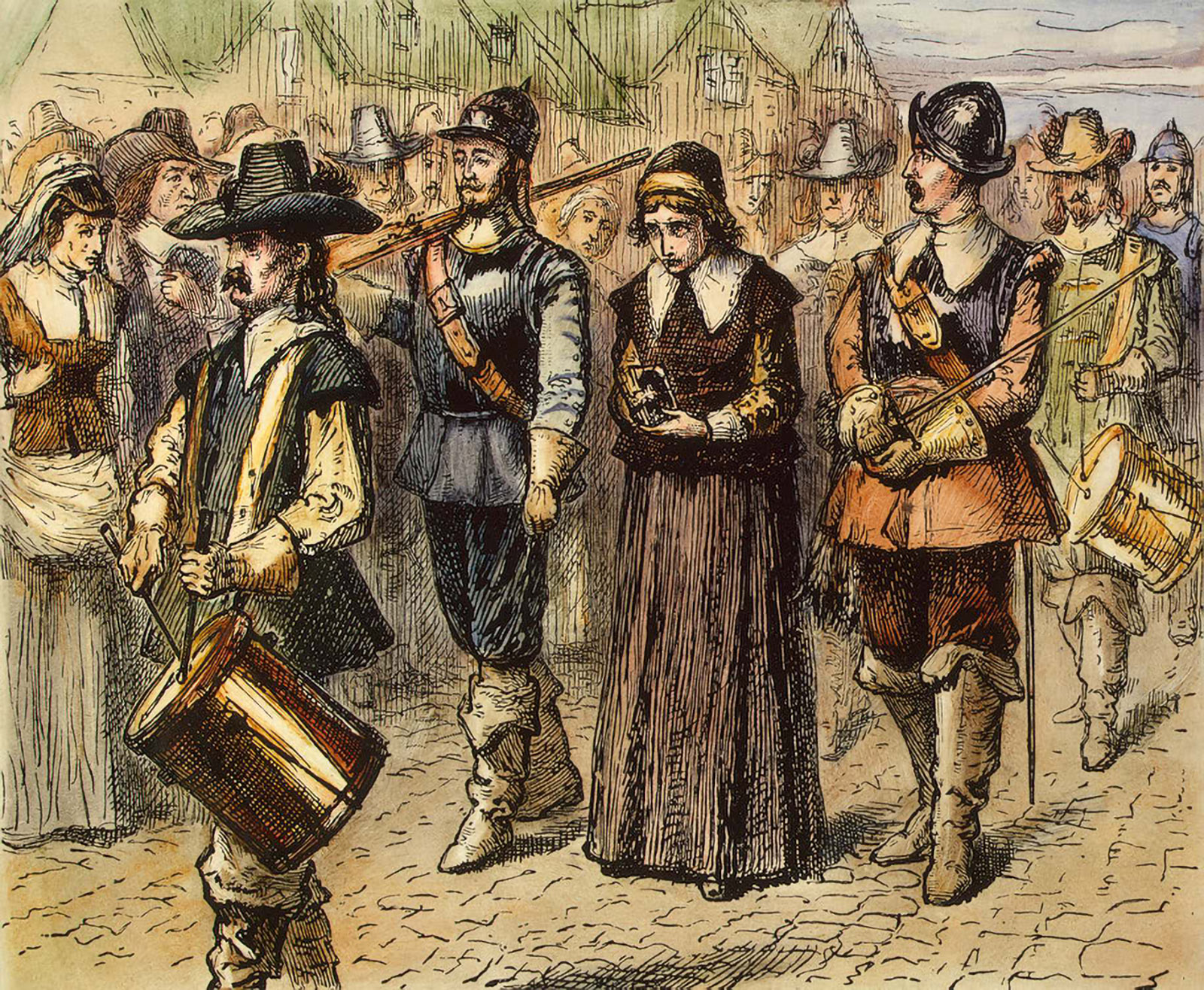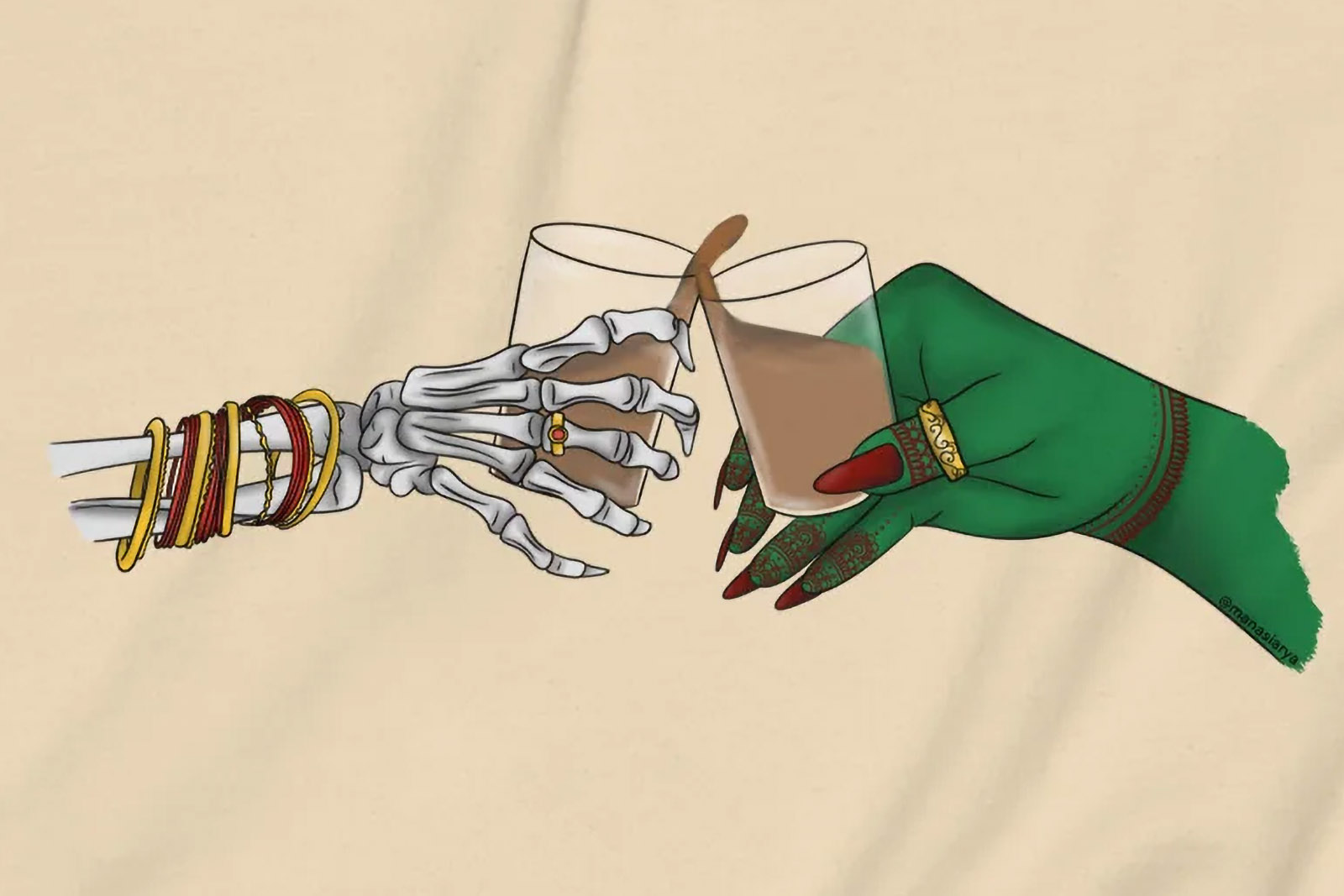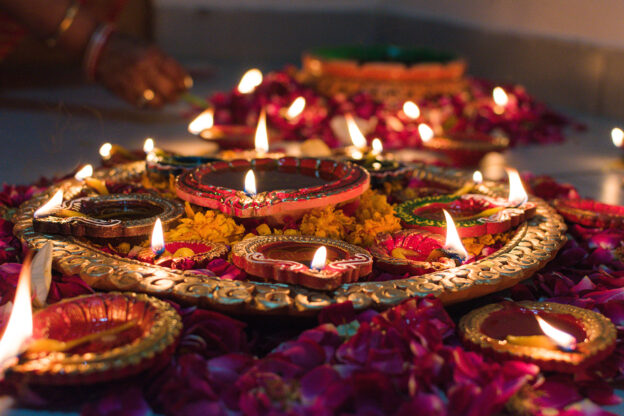Misinformation drives tensions in Ontario’s south Asian community amid rise of Hindu nationalism
Olivia Bowden in Brampton
The Hindu Sabha Mandir temple in the Canadian city of Brampton lies beside a busy road in a suburb where many homes are still strung with lights left over from Diwali. Standing over the parking lot, a 17-meter-tall statue of the monkey god Lord Hanuman gazes out over the traffic as worshippers come and go.
A couple of minutes down the road, the Gurdwara Dasmesh Darbar Sikh temple sits near a strip mall with sari shops, Indian restaurants and other businesses indicative of the city’s large south Asian population.
Save for a few security guards at the Hindu temple, it would be hard to tell that this quiet residential neighbourhood was recently the site of violent clashes between Sikh activists and nationalist counterprotesters.
The confrontation drew condemnation from the city’s mayor, the premier of Ontario and Canada’s prime minister, Justin Trudeau – and also from India’s prime minister, Narendra Modi, who described the incident as an attack on the Hindu temple.

So far, local police have made five arrests and say more may come.
But as the dust settles, members of the local community say they fear further violence between Sikh separatist activists and Modi supporters, some of whom espouse Hindu nationalist ideologies.
Videos of the overnight clashes on 3 November show men throwing bricks, kicking cars and striking each other with sticks or flagpoles – including some flying the Indian tricolour and others the bright yellow emblem adopted by advocates of an independent Sikh homeland known as Khalistan.
The protests were prompted by a visit to the temple by Indian government officials who have been holding consular sessions at places of worship across Ontario, including Sikh temples.
The 4 November visit came at a moment of high tension, soon after Canadian police and Trudeau’s government alleged that Modi’s government had orchestrated a campaign of violence and intimidation against Sikh activists in exile.
Inderjeet Singh Gosal, a leader of Sikhs for Justice (SFJ) who helped organize the demonstration, said the protest was specifically against the Indian government, not the Hindu religion, and that he had liaised with police to ensure it would not disrupt worship.
Gosal was a close associate of Hardeep Singh Nijjar, another SFJ leader and Khalistan advocate whose 2023 assassination Canadian officials have linked to Indian diplomats and consular staff.
The Khalistan movement is banned in India, where officials describe Sikh separatists as “terrorists” and a threat to national security.
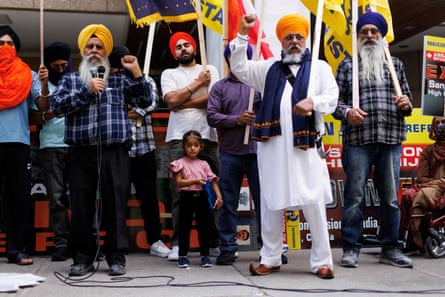
Gosal claimed that it was pro-Modi counterprotesters who instigated the violence, alleging that one of them had looked him in the face and told him in Hindi: “We’re going to kill you.”
“I went forward to him and said, ‘Look, I’m sorry you feel that way.’ But before I could say anything they moved up and punched [me],” he said.
Peel regional police have since charged Gosal with assault with a weapon; he accepts he has been charged and has not yet entered a plea.
The clashes escalated and later that night crowds waving Indian flags blocked traffic outside the temple. Video posted online shows a man with a megaphone drawing cheers from the group as he called for the Indian army to “storm” Sikh temples in Canada, which he says are “promoting terrorism”.
Peel police confirmed the man had been charged with public incitement of hatred.
Jaskaran Sandhu, a board member of the World Sikh Organization advocacy group, said such scenes were unprecedented in Canada, home to the largest Sikh population outside India.
This type of Hindu nationalist rhetoric is very normal in India, but not in Canada. That’s very disturbingJaskaran Sandhu of the World Sikh Organization
“This type of Hindu nationalist rhetoric is very normal in India, where minorities are targeted in this manner, but not in Canada. That’s very disturbing,” he said.
Sandhu said that the unrest did not reflect tensions between Sikhs and Hindus, who have historically lived alongside each other in Brampton.
“What’s different here is you have violent, pro-India, Hindu nationalist actors in this country,” he said.
Paritosh Kumar, an adjunct assistant professor of political science at Queen’s University in Kingston, Ontario, said Hindu nationalists around the world have been emboldened by Modi’s government – and that this has become an increasing concern in Canada.
But he also said the ideology was attractive to some members of the diaspora who encountered racism in western countries.
Kumar said academics in Canada have previously been harassed after denouncing Hindu nationalism, but the recent violence marked a serious escalation.
“That seems like a very dangerous transition that is taking place,” he said.
Modi’s framing of the protest as an attack on a Hindu temple by Sikhs may also further inflame the situation, he said.
“It’s a trend that will probably manifest in more street violence,” Kumar said.
 View image in fullscreenA Sikh protester holds up an effigy of the Indian prime minister outside the Indian consulate in Vancouver, British Columbia, on 18 October. Photograph: Jennifer Gauthier/Reuters
View image in fullscreenA Sikh protester holds up an effigy of the Indian prime minister outside the Indian consulate in Vancouver, British Columbia, on 18 October. Photograph: Jennifer Gauthier/ReutersThat worries Chinnaiah Jangam, an associate professor of history at Ottawa’s Carleton University who focuses on Dalit peoples, considered the lowest rung of India’s caste system.
Jangam is a practicing Hindu and identifies as Dalit. After the protests in Brampton, relatives in India called him to see if he was safe – an indication of how successful Modi’s supporters had been in casting the protests as an attack on Hindus.
“They are playing into this idea of victimhood. It’s a false narrative … and this is a part of a larger narrative to discredit [the Canadian government],” Jangam said.
Brampton city councillor Gurpartap Singh Toor said misinformation published in the Indian media or shared on WhatsApp had framed the unrest as a violent attack on the Hindu temple, fanning fear and hatred in both Canada and India.
“It’s sad to see it happening here in our city. And then to pitch it as the Sikh community versus the Hindu community – it’s just a gross injustice,” he said.
Roopnauth Sharma, the pandit at the Ram Mandir Hindu temple in the nearby city of Mississauga, said the unrest in Brampton did not reflect any broader sectarian tensions.
“This is not a Hindu-Sikh issue … It is a group of people who have a certain opinion, and they’re allowed to [express it],” he said.
Sharma, who is also the president of the Hindu Federation, said he had been working with local officials to create restrictions on demonstrations near places of worship.
“We want to make sure people still have the right to protest … but we want to make sure there’s a safe distance,” he said.

Leaders of the Hindu Sabha Mandir temple did not respond to a request for comment, but Vasudev Joshi, a pandit at the temple, told the Toronto Star that the protest should have been held outside the Indian consulate.
Such sentiments were echoed by political leaders: Brampton’s mayor, Patrick Brown, pushed for a bylaw that would ban protests at places of worship, while Trudeau said last week that acts of violence at the temple were “unacceptable”.
But Sandhu said such statements miss the point. “Our leaders are so quick to speak about mob violence … but have chosen to be absolutely silent on this India violence directed at the Canadian Sikh community,” he said.
“Are the visuals not enough for you to realize what’s happening in Canada?”
